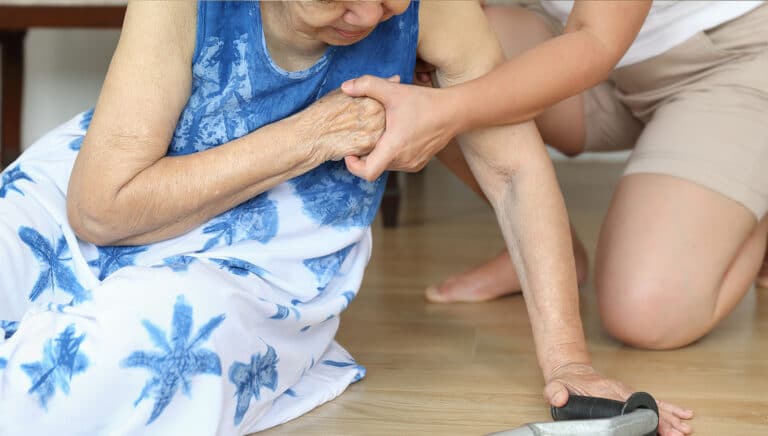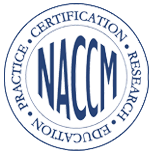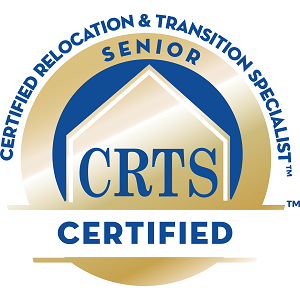Care Management Services: Addressing Caregiver Guilt
As a caregiver, it is natural to feel overwhelmed and guilty when caring for a loved one. Care management services can help alleviate this guilt by providing emotional support and guidance to caregivers. These services can provide relief from the emotional stress of caregiving as well as advice on how best to manage the physical, social, emotional, and financial aspects of caring for a loved one.
Today we’ll be taking a closer look at how care management services can help address caregiver guilt.
What is Caregiver Guilt?
When people are caregivers, they inevitably feel some form of guilt. This is a natural response to the immense responsibility that comes with taking care of someone else. Guilt can range from mild feelings of unease to intense feelings of overwhelm and despair. Regardless of its intensity, caregiver guilt is an important emotion to recognize and address.
The importance of recognizing and resolving caregiver guilt cannot be overstated.
Caregiving is a hard job, and there is no shame in asking for help when feelings of overwhelm and guilt persist. In fact, hiring a care manager can be one of the best decisions you ever make regarding taking care of loved ones. Caregivers deserve the support they need to provide quality care for their loved ones.
Here are some reasons why caregivers may feel guilty:
- They feel like they’re not doing enough.
- They feel like they’re not meeting their loved one’s expectations.
- They feel like they’re unable to cope with the demands of the job well.
- They feel like they’re not able to meet all the needs of their loved one.
The Impact of Caregiver Guilt on Relationships
There’s no question that caring for a loved one can be a challenging task. It can be stressful, time-consuming, and often tiring. For some caregivers, this burden can become too much, and they may experience caregiver guilt. Caregiver guilt can directly impact personal relationships – specifically, the relationships with the senior they are caring for, the relationship with immediate and extended family, and any other relevant/affected relationships.
While caregiving is never easy, having access to care management services can help to improve these relationships in many ways. A care manager can provide support and guidance during times of stress or uncertainty. They can also offer practical advice on caring for the senior person in your life. In short, a care manager is an invaluable asset in managing caregiver guilt – which in turn improves relationships throughout the whole family system!
How to Address and Alleviate Caregiver Guilt
First and foremost, it’s important to understand that caregiver guilt is completely normal. Everyone feels guilty at some point in their life, and it’s perfectly normal for caregivers to feel this way when caring for a loved one.
However, there are several ways that caregiver guilt can be addressed and resolved.
First, you should talk to a professional aged care manager who can help you navigate through the various stages of caregiver guilt. Additionally, seeking support from other caregivers or care managers can help alleviate the burden of guilt. Finally, creating positive memories with your loved one – such as cooking meals together or going on walks – can help to reduce feelings of guilt overall.
By adequately addressing caregiver guilt, you will be able to provide better care for your loved one while reducing any negative consequences stemming from this type of stressful emotion.
How Care Managers Can Help
There’s no question that caregiver guilt is a common issue. It can be tough balancing work and family responsibilities, and sometimes caregivers feel unable to do it all. That’s where care managers come in – they are trained professionals who can help caregivers ease their guilt and take some of the burdens off of their shoulders.
Need assessments are one of the first steps that care managers will take when working with a caregiver.
This assessment helps to determine the specific needs of the caregiver, as well as what resources and tools will be necessary to support them. From there, care managers can develop customized care plans that reflect these needs.
Coordinating care is also an important part of providing support to a caregiver. Care managers can help ensure that everyone involved in the caregiver’s loved one’s care is on track by coordinating schedules and ensuring communication is maintained. Additionally, care managers can provide relevant tools and resources, such as medication management or transportation assistance.
Finally, emotional support is vital for caregivers struggling emotionally due to their guilt over taking on so much responsibility. Care managers can provide encouragement and emotional support during difficult times. By addressing these areas, care managers help caregivers feel less guilty about their situation and more supported in carrying out their duties responsibly.
Care Management Services – Working With a Senior Care Manager
There’s no doubt that caring for a senior loved one can be a challenging task. Sometimes, it can feel like all of the work is on your shoulders alone. But thanks to care managers, you don’t have to bear the burden all by yourself. Care managers are professionals who help seniors and their caregivers by providing 24/7 support and assistance. They provide guidance, advice, and access to resources and support networks.
By working with a home care manager, you not only benefit financially – care managers charge an affordable fee – but you also receive tremendous benefits in terms of quality of life. For example, care managers can assist with managing finances, providing medical assistance, coordinating doctor appointments, and more. In short, they are there to help make your life easier while your loved one is living in your home or in an assisted living facility.
Start Working With A Care Manager Today
Caregiver guilt is a common phenomenon that caregivers must confront and address. It can have far-reaching consequences on relationships, both with the care recipient and other family members. It is crucial to recognize when you are experiencing caregiver guilt to take proactive steps to alleviate it.
This may include reaching out for help from a professional care manager at Reflections Management and Care, who can assess the situation and provide a personalized plan of action using relevant resources and support. By taking these steps, caregivers can begin to free themselves of their guilty feelings, allowing them to refocus on their needs and the needs of their aging loved one. So, don’t wait – if you are feeling overwhelmed by your caregiving responsibilities, take action by speaking with a care manager today.














